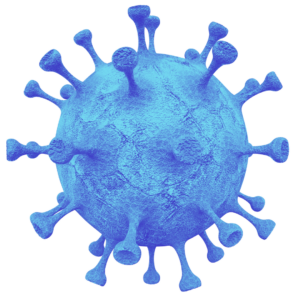“Those who cannot remember the past are condemned to repeat it.”
George Santayana
Our Story
In 2003, a coronavirus the world had never seen before arrived in Toronto, sparking a deadly outbreak across the city. At the time, Dr. Kamran Khan had begun his career as an infectious disease physician at the University of Toronto.
Over the following four months, he witnessed this tiny virus — known as SARS-CoV — disrupt Toronto’s hospitals, unravel the city’s social fabric, and inflict lasting economic damage. When the outbreak in more than two dozen countries finally came to an end, it dawned on him that the world had just entered a new era of epidemics.
Deeply motivated by this event, Dr. Khan founded BlueDot in 2013. As a frontline physician, BlueDot’s foundation began in public health, but has since grown to serve enterprise clients in pharma, life sciences, and risk management. The company gained global recognition when it detected COVID-19, nearly a week before the World Health Organization.
What we have learned
Diseases spread fast and can disrupt the entire planet in a manner of months. But we have the raw materials to stop them. From growing access to diverse data, to machine learning, advanced analytics, cloud computing and other types of modern technologies, we can now generate and disseminate insights even faster than outbreaks can spread. This allows us to get in front of them through surveillance that drives awareness and uncovers blind spots, intelligence which forecasts what’s coming next, and insights that provide clarity on the true burden of infectious diseases.
What We Do
BlueDot provides infectious disease intelligence that empowers enterprise organizations and governments to rapidly detect, understand, and respond to infectious disease threats, and ultimately strengthen readiness and resilience.
This enables them to protect their people, businesses, and nations, to better understand the true burden of infectious diseases, to know where treatments and products will be needed, to optimize clinical trial design, and to be empowered to understand what actions to take and why. Our insights are fueled by combining the power of machine learning and AI with human expertise. And we track hundreds of infectious diseases and syndromes worldwide, anticipating global spread and impact.
How we got here
2003
2008
2009
2012
2013
2014
2016
2018
2019
2020
2021
2022
2023
2003

2003
SARS spreads from Hong Kong to Toronto, causing an outbreak that cripples the city with 44 deaths and $2 billion in losses. After completing his training as a physician specializing in infectious diseases and public health in New York City, Dr. Kamran Khan returns to Toronto just before the city’s SARS outbreak begins.
2008

2008
To understand how infectious diseases can spread worldwide, Dr. Khan launches BioDiaspora – a scientific research program at St. Michael’s Hospital in Toronto studying how the world’s population is connected through commercial air travel.2009
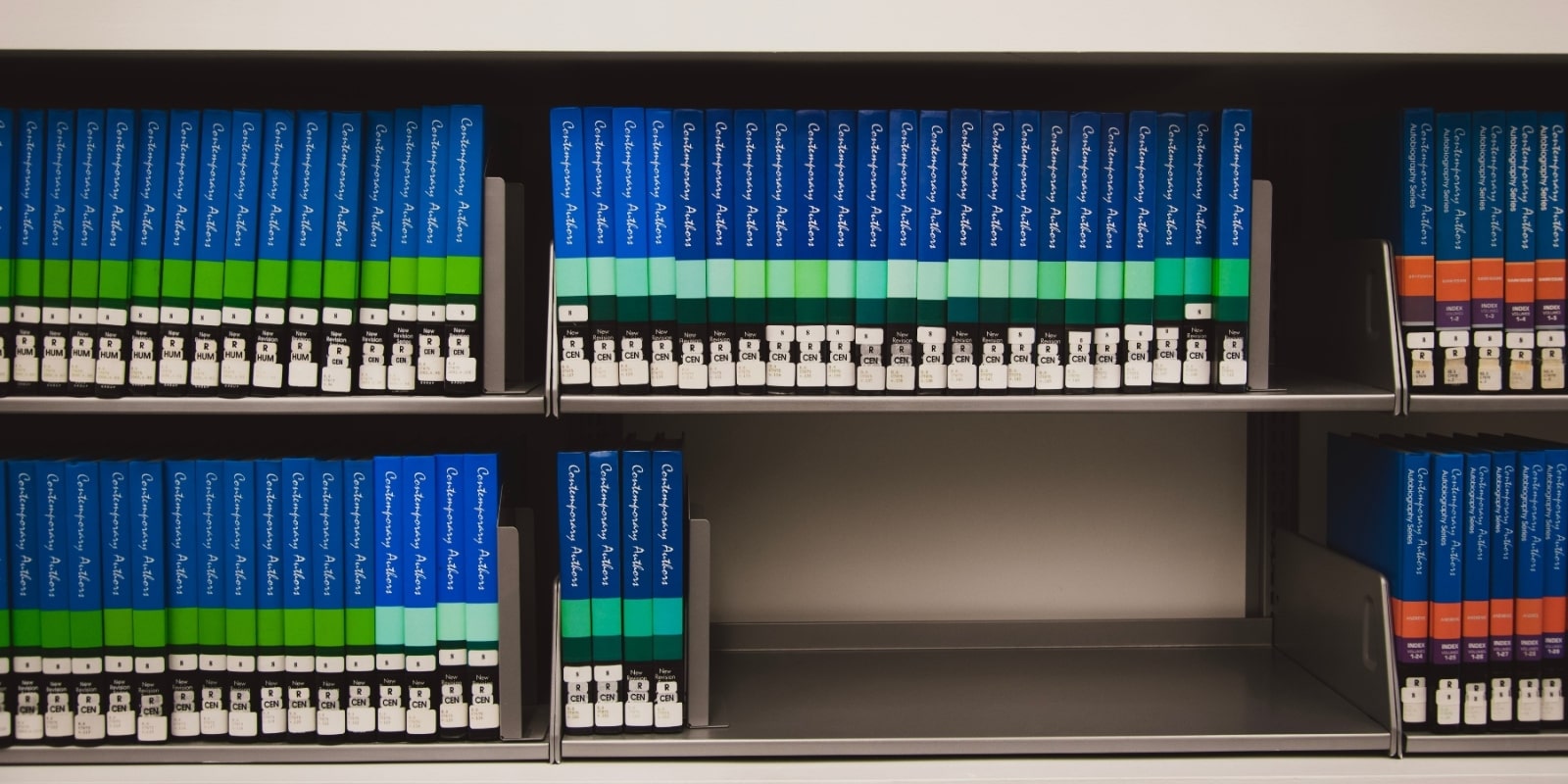
2009
The BioDiaspora program is used to predict the global wavefront of the first influenza pandemic of the 21st century, with findings published in the New England Journal of Medicine.2012

2012
BioDiaspora partners with Public Health England to evaluate local risks from global infectious diseases as the world converges in London for the summer Olympics. The approach is published in Lancet Infectious Diseases.2013

2013
With a vision of using business as a vehicle to address an important social problem, BioDiaspora is incorporated as a Certified B Corporation with support from MaRS Innovation and St. Michael’s Hospital.2014
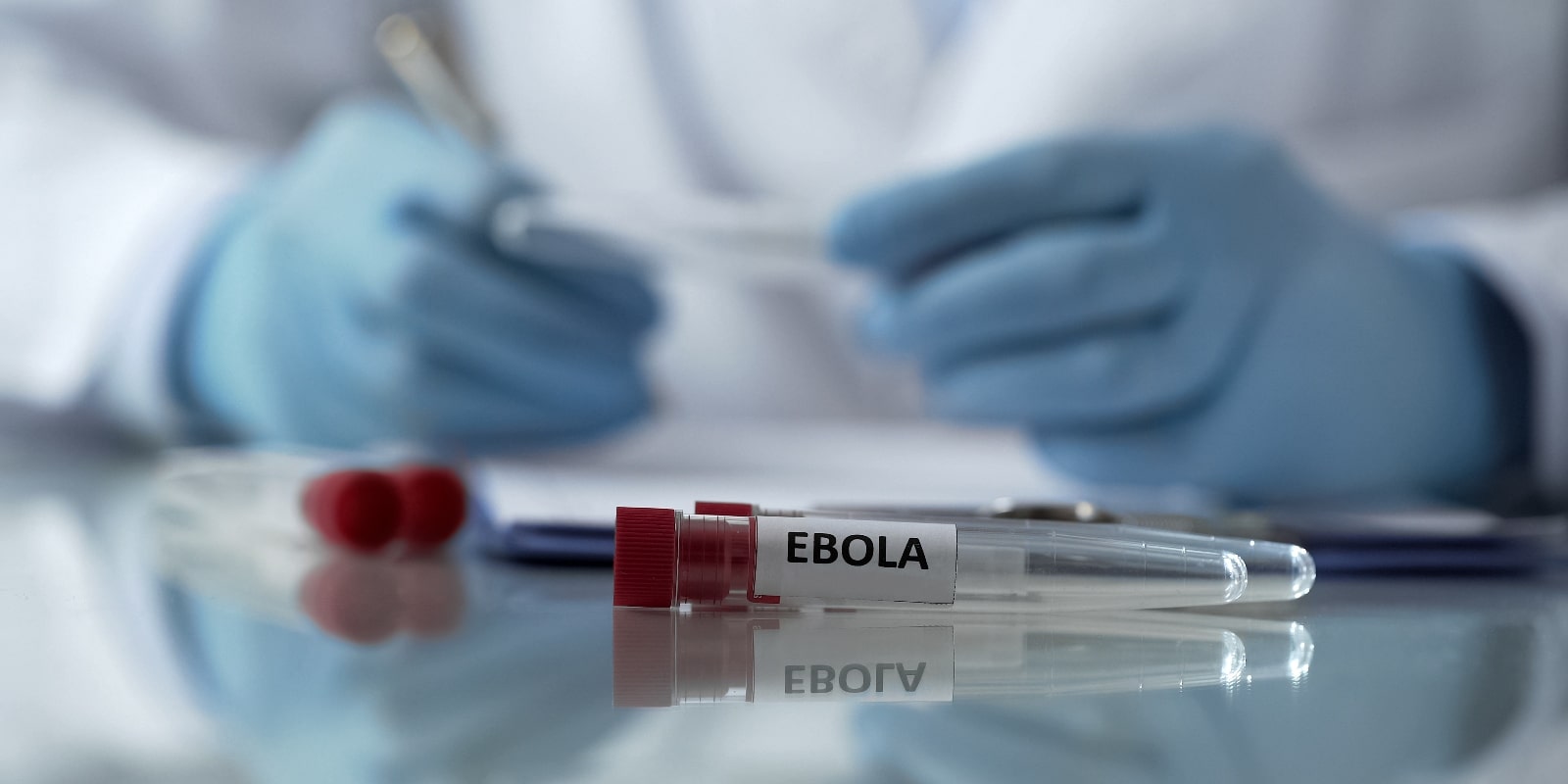
2014
To support growth prospects, BioDiaspora completes a seed round with Horizons Ventures, and is renamed BlueDot.
Ebola spreads throughout West Africa, with over 11,000 deaths. Using risk models that leverage billions of passenger itineraries, BlueDot predicts the migration of Ebola out of West Africa, publishing its results in The Lancet.
2016
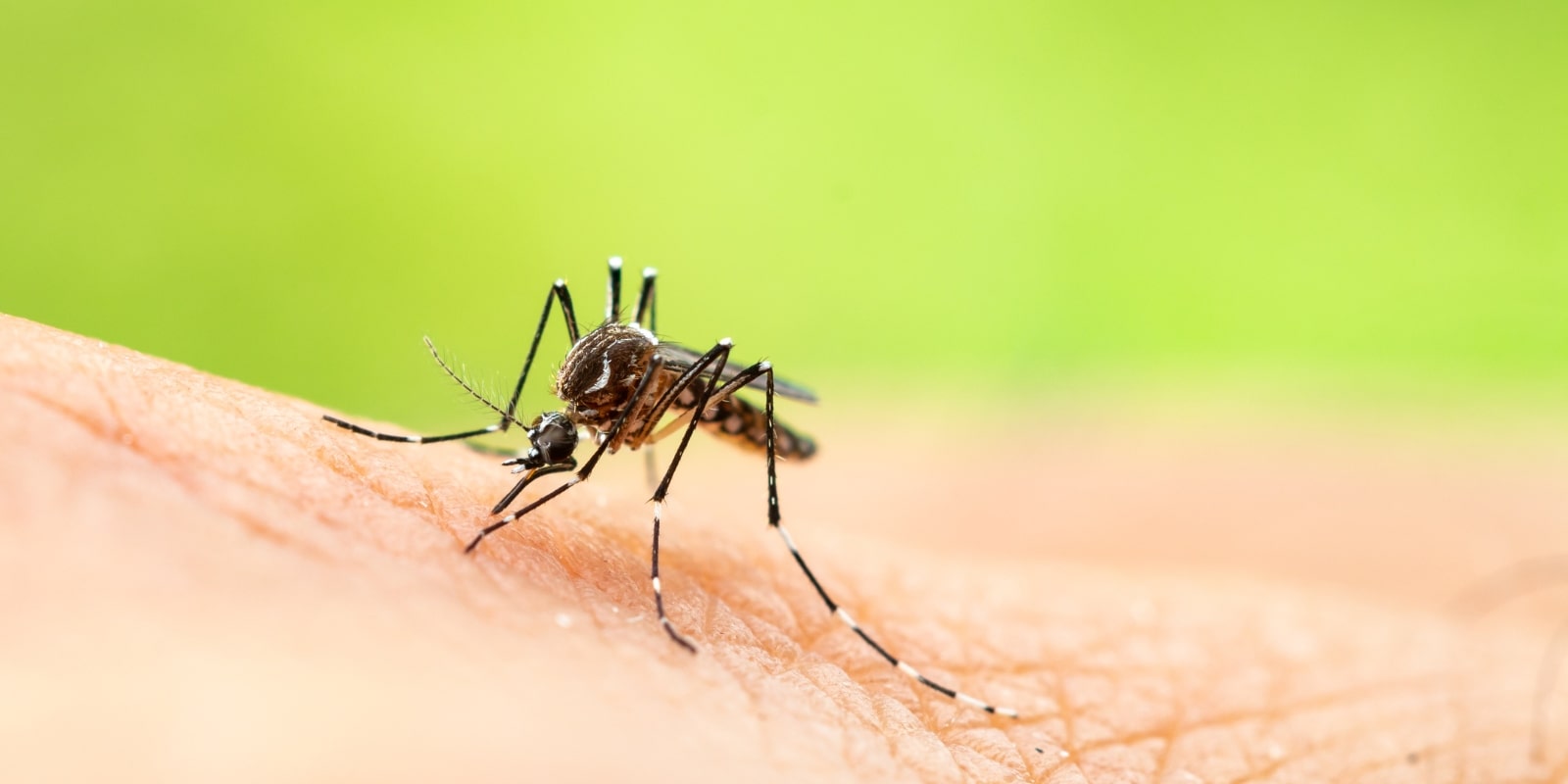
2016
Zika lands in and spreads from Brazil, causing up to $18B in economic damages. This outbreak is also linked to a new symptom: microcephaly in newborns of women infected with Zika virus. Using our risk assessment models, BlueDot predicts an outbreak of Zika in Florida, six months before it occurred.
2018

2018
BlueDot launches Insights, delivering timely global surveillance of infectious disease threats around the world for healthcare organizations and businesses. Insights provides actionable intelligence for healthcare workers and employees on the front lines.
2019

2019
BlueDot sends out an alert on December 31 warning clients of what would become known as SARS-CoV-2 five days ahead of the World Health Organization.2020

2020
BlueDot publishes one of the first peer-reviewed paper on COVID-19, correctly predicting the first international cities to receive infected travelers. Later, BlueDot launched the COVID-19 Dashboard as part of Insights.2021

2021
BlueDot was approved for $3 million from the Government of Canada through FedDev Ontario Job and Growth Fund, to accelerate the adoption of its global epidemic intelligence and threat monitoring platform.
2022
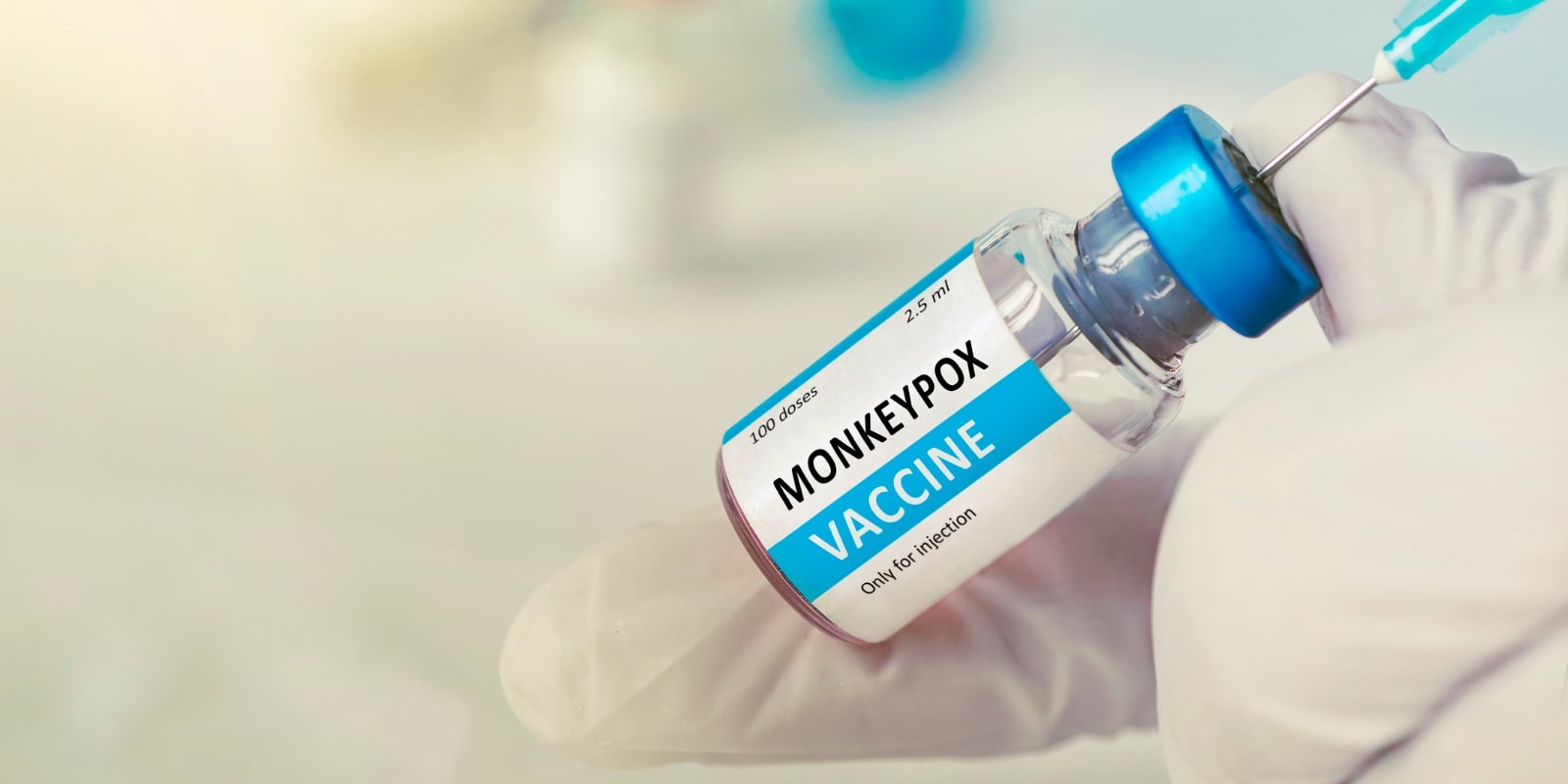
2022
MPOX emerges as a new Public Health Emergency of International Concern (PHEIC). BlueDot responds with two publications, estimating the true size of outbreak and international cities with greatest risk of importing infected travellers in the Journal of Travel Medicine.
BlueDot evolves to a Data as a Service (DaaS) organization enabling clients to receive data, intelligence, and reports — creating the capacity for increased datasets and modelling.
2023

2023
Building off its DaaS foundation, BlueDot pioneers a new future of infectious disease intelligence with the launch of its Global Disease Surveillance engine 3.0 — leveraging Large Language Models technology. BlueDot also launches its Influenza-like illness offering.
